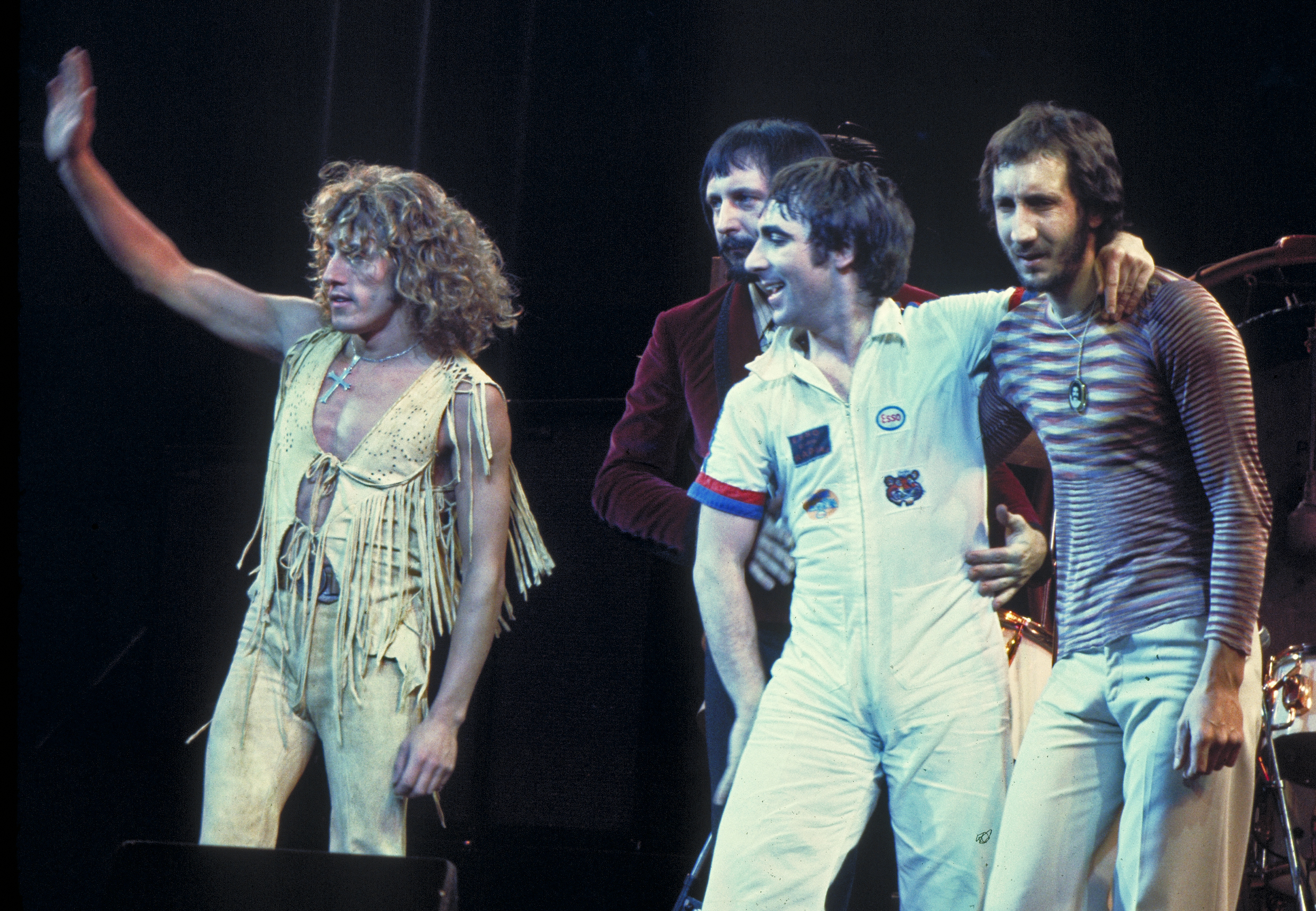After smashing guitars and eardrums for sixty years, The Who has officially announced their final North American tour. The aptly named “The Song Is Over North America Farewell Tour” arrives without the fanfare of a Marvel movie trailer, yet carries more cultural weight than most cinematic universes combined.
The announcement came during a surprisingly low-key press conference at London’s Iconic Images gallery in Piccadilly last week. Surviving founding members Roger Daltrey and Pete Townshend appeared before journalists without the pyrotechnics their performances once demanded. Their weathered faces told a story that needed no amplification.
“This tour is our way of thanking North American fans who have supported us throughout our career,” the band stated in their official press conference. Those thanks won’t come cheap. VIP packages (priced like small mortgage payments) offer access to pre-show soundchecks—those rare moments when rock gods become mere mortals, experimenting with riffs they’d never try before paying audiences.
Members of the Wholigan Fan Club receive early ticket access and exclusive merchandise, including the previously unreleased “The Who Live At The Oval 1971” album. Think of it as archaeology for your ears—musical artifacts from when Nixon was president and tweets were still bird sounds.
The elephant stomping around this farewell tour is the question nobody’s directly addressing: why now? Health concerns, creative fulfillment, or simply the gravitational pull of time remain unspecified. While last year they announced plans for a rock revival, the farewell announcement seems to have settled any speculation about The Who’s future plans.
The Who’s impact on music history remains unquestionable. Before equipment destruction became standard rock spectacle, there was Townshend’s guitar-smashing as genuine artistic expression. Their pioneering rock operas like “Tommy” and “Quadrophenia” reimagined what rock music could achieve, creating templates that countless bands would follow for decades.
Despite the deaths of original drummer Keith Moon (1978) and bassist John Entwistle (2002), Daltrey and Townshend have kept The Who’s heartbeat thumping through shifting musical landscapes. They’ve survived disco, grunge, boy bands, and the streaming era with a resilience that makes cockroaches look fragile by comparison.
Farewell tours have become cultural touchstones in the music industry—collective goodbyes to artists who shaped our understanding of music itself. For fans, these aren’t just concerts; they’re permission to publicly acknowledge what these bands meant in their lives. The Who’s announcement has particular gravity considering their longevity and influence.
The Who’s farewell offers a cross-generational communion where lifelong devotees share space with younger listeners who discovered them through streaming platforms, classic rock radio, or even pop culture references. When “Won’t Get Fooled Again” reaches its climactic scream and “Baba O’Riley” builds to its thunderous finale, what’s happening isn’t nostalgia—it’s living history taking its final bow.


























